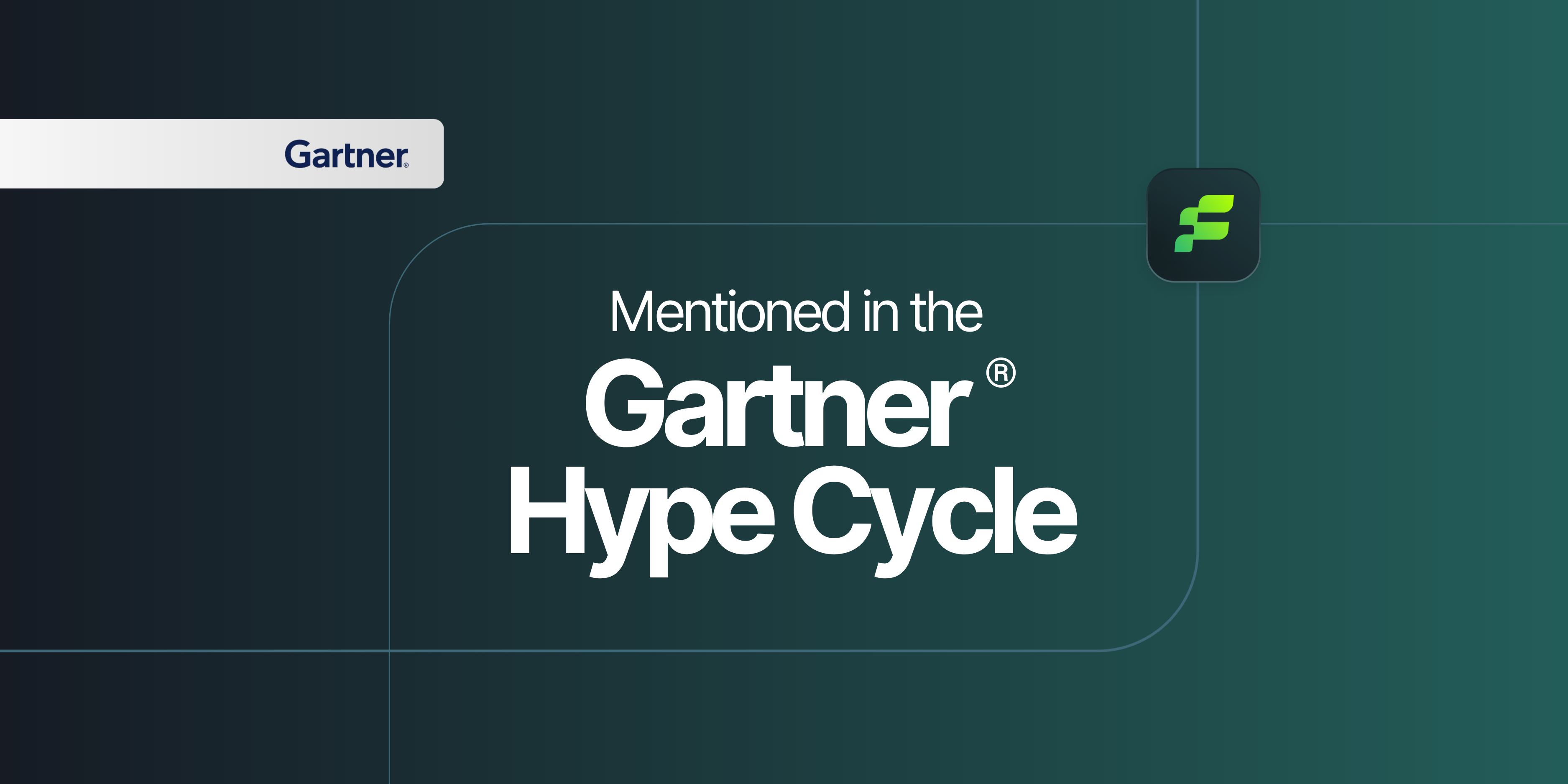As companies are increasingly driven to achieve sustainability goals and reduce carbon emissions, Logistics Carbon Accounting and Management Solutions (LCAMS) have become essential.
These solutions allow companies to measure, monitor, and manage greenhouse gas (GHG) emissions generated by their logistics activities—an essential component of their overall carbon footprint. This article explores what LCAMS are, why they’re crucial for modern supply chains, and how solutions like Rilco2 add real value for companies aiming to improve their environmental performance.
LCAMS: A Key Asset for Sustainable Logistics
LCAMS are digital platforms specifically designed to track and report carbon emissions from logistics activities, including transportation and other logistics services. LCAMS play an essential role by enabling companies to collaborate with their logistics providers in a standardized and transparent approach to GHG emissions measurement.
These tools address one of the most challenging aspects of carbon reporting: Scope 3 emissions. These indirect emissions often stem from logistics providers, and with the range of suppliers, transport modes, and geographical regions involved, manual data management can quickly become inefficient and error-prone. LCAMS simplify this process by providing real-time insights, data aggregation, and standardized reports that are critical for meeting regulatory requirements and achieving sustainability goals.
The diagram below highlights the complexity of implementing a digital solution for Scope 3 emissions management :

Why LCAMS Are Essential for Modern Supply Chains
- Adherence to New Regulations: With increasingly stringent environmental regulations, such as the ISO 14083 standard, companies are now required to accurately report logistics-related GHG emissions. LCAMS streamline compliance by automating data collection, calculation, and reporting, eliminating the need for manual processing.
- Simplified Data Collection and Standardization: One of the biggest challenges for logistics managers is gathering carbon emissions data from multiple suppliers, each using different systems and formats. LCAMS consolidate this information on a single platform, ensuring data standardization and accuracy for more reliable reporting.
- Cost and Time Savings: Without LCAMS, Scope 3 emissions data collection can take weeks, if not months. LCAMS automate this process, drastically reducing the time and resources needed to manage carbon data and allowing companies to focus on strategic initiatives to reduce emissions.
- Turning Data into Concrete Actions: LCAMS go beyond data collection by offering advanced analytics that pinpoint high-carbon areas in the supply chain. This allows companies to prioritize emissions reduction efforts for maximum impact. Features like scenario modeling and predictive analysis provide logistics managers with actionable insights for informed decision-making, reducing operational costs while achieving environmental targets.
.png)
Rilco2: A Key Asset in Supply Chain Carbon Accounting
Rilco2, developed by Fleetenergies, is an innovative LCAMS offering advanced features tailored to supply chain needs. Powered by AI, Rilco2 delivers precise real-time emissions data, enabling logistics managers to optimize supplier and transport procurement by integrating the carbon cost of each carrier’s performance, thus helping to reduce their carbon footprint.
Examples of Rilco2’s operational performance criteria include data from actual usage, modal reporting, load rates, empty distances, and use of alternative fuels :

.png)
Rilco2’s Key Strengths:
- Up to 40% Emissions Reduction Using Real Data: Rilco2 stands out for its ability to provide accurate, real-time fuel consumption data, offering a level of precision that is difficult to achieve manually. By leveraging primary data on load ratios and fuel consumption, Rilco2 can deliver detailed emissions reports that help companies reduce reported emissions by up to 40%.
- AI-Driven Predictions for Better Optimization: Rilco2’s AI capabilities allow companies to model and anticipate the impacts of operational changes, such as route optimization and alternative fuel usage, by providing insights into the most effective solutions for emissions reduction.
- Enhanced Collaboration Between Shippers and Carriers: Rilco2 promotes collaboration between shippers and carriers by offering incentives to share transport data and invest in clean technology, creating a cooperative environment that benefits the entire logistics ecosystem.
- Full Compliance with International Standards: Rilco2 fully complies with international standards, including GLEC and ISO 14083, ensuring that companies meet regulatory requirements with reliable and accurate emissions data.
Why Rilco2 Is the Ideal Solution for Your Supply Chain
Rilco2 seamlessly integrates with complex supply chains, where fuel consumption and emissions vary depending on transportation modes and geographic regions. Through AI, real-time data, and predictive analysis, Rilco2 provides logistics managers with the tools to make strategic decisions that improve both environmental and financial performance.
For companies dedicated to sustainability, Rilco2 goes beyond emissions tracking by offering predictive capabilities, scenario modeling, and actionable insights that strengthen collaboration with transport suppliers. This enables a controlled decarbonization process that supports companies in achieving targets like a 30% reduction by 2030, relative to a baseline year.
Conclusion: LCAMS Are the Future, and Rilco2 Leads the Way
LCAMS, like Rilco2, have become essential for companies with complex supply chains. As sustainability takes center stage, LCAMS provide the tools to measure, manage, and reduce carbon emissions effectively. By centralizing data, offering actionable analytics, and ensuring international compliance, solutions like Rilco2 empower companies to transform their logistics operations toward a greener future.
.png)

.jpg)

.jpg)